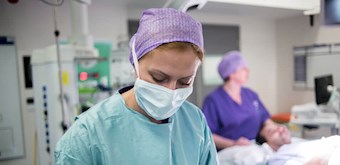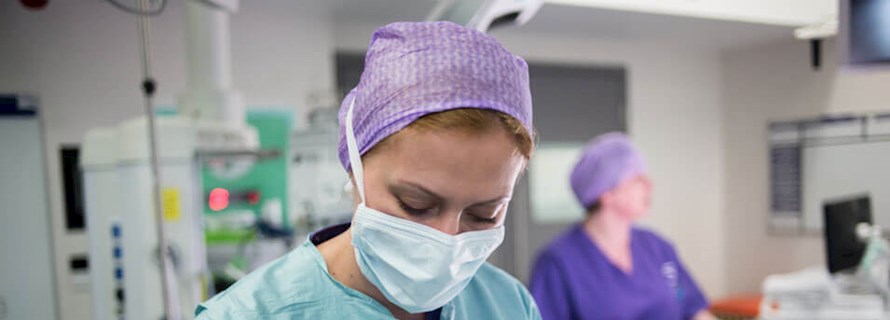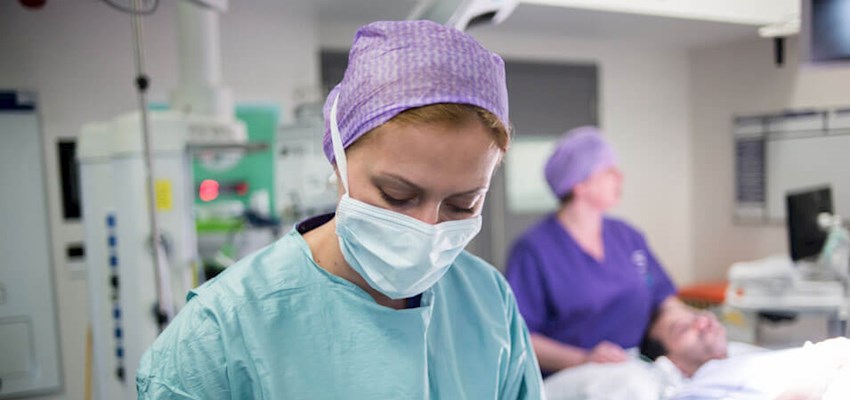Ultraviolet phototherapy (UVB)
Light treatment for skin conditions
HCA UK provides light treatment for skin conditions to treat a range of disorders, including psoriasis and eczema.
What is ultraviolet phototherapy?
Ultraviolet phototherapy is used to provide an alternative method of treatment for inflammatory skin conditions. It uses fluorescent light bulbs and ultraviolet B (UVB) wavelengths of light to clear the condition and reduce inflammation.
Phototherapy can help to treat a range of chronic skin conditions including: psoriasis, eczema, polymorphic light eruption, generalised itching, pityriasis lichenoides, cutaneous T cell lymphoma, lichen planus and vitiligo.
There are two main types of ultraviolet phototherapy UVB:
- broadband UVB (BBUVB), where the full UVB light spectrum is used.
- narrowband UVB (NBUVB), where a small part of the UVB light spectrum is used.
Need to know
-
What happens during treatment? icon plus
During ultraviolet phototherapy, the treatment is given in a walk-in light box that contains fluorescent light bulbs. Ultraviolet phototherapy is quick, non invasive and pain-free.
-
How to prepare icon plus
Ultraviolet phototherapy UVB is a very safe procedure; however there are some risks and side effects involved which your consultant will explain to you.
Ultraviolet phototherapy treatment typically takes a few seconds initially, and this will gradually increase to several minutes over the course of your treatment. In order to get the maximum benefit from the therapy, you will need to have treatment two or three times a week, over a course of up to 30 sessions.
During the treatment, you will be required to undress and wear goggles for the protection of your eyes, as well as a visor (or face shield) if the skin on your face is unaffected. -
After treatment icon plus
After the procedure, you should be free to go home straight away, once the nurse has analysed your condition. They will also advise you on how to best manage your ongoing treatment and pain relief and whether your usual daily routines will be affected.
You may experience some redness or blistering after your treatment, it’s important to tell us if this happens. You may also find that your skin condition worsens temporarily after treatment. Again, you should inform your specialist nurse or consultant if this happens, in case we need to adjust your treatment to let it settle down.
Our dermatology consultants




Our locations
From complex surgery to straightforward procedures, we provide exceptional care across our network of hospitals, outpatient centres and specialist clinics.
-
The Wellington Hospital Elstree Waterfront
The Waterfront Business Park
Beaufort House, Elstree Road
Elstree WD6 3BS